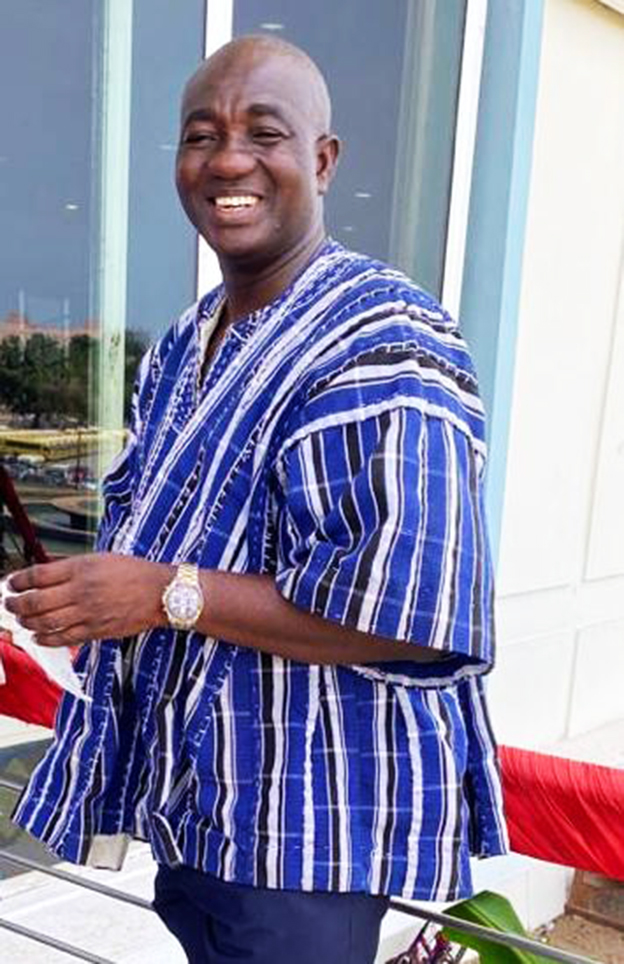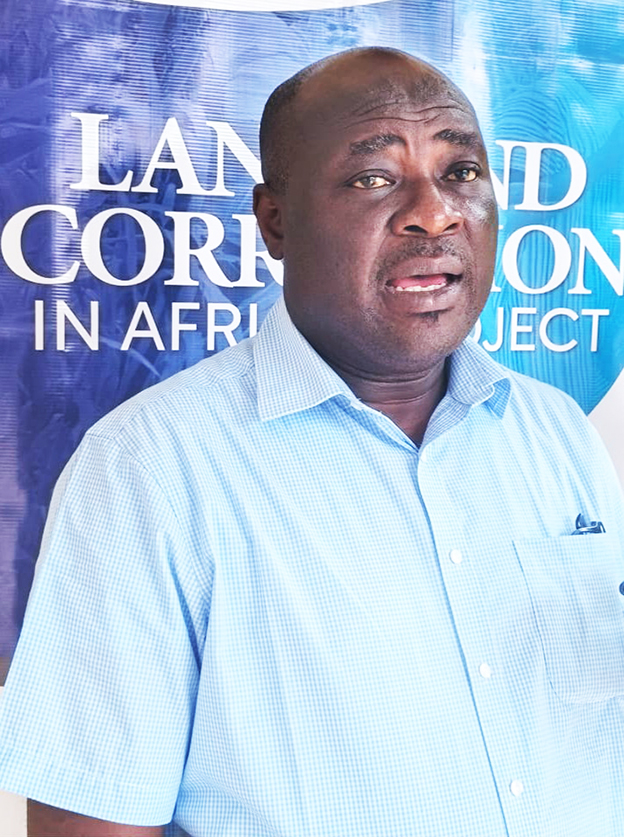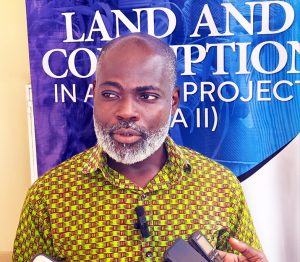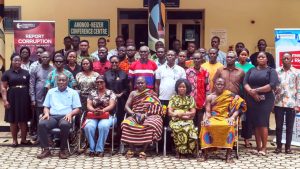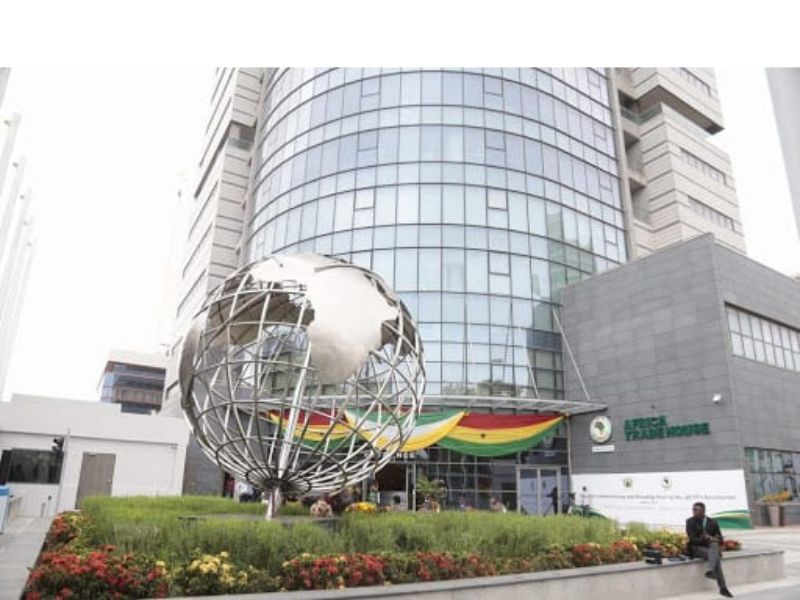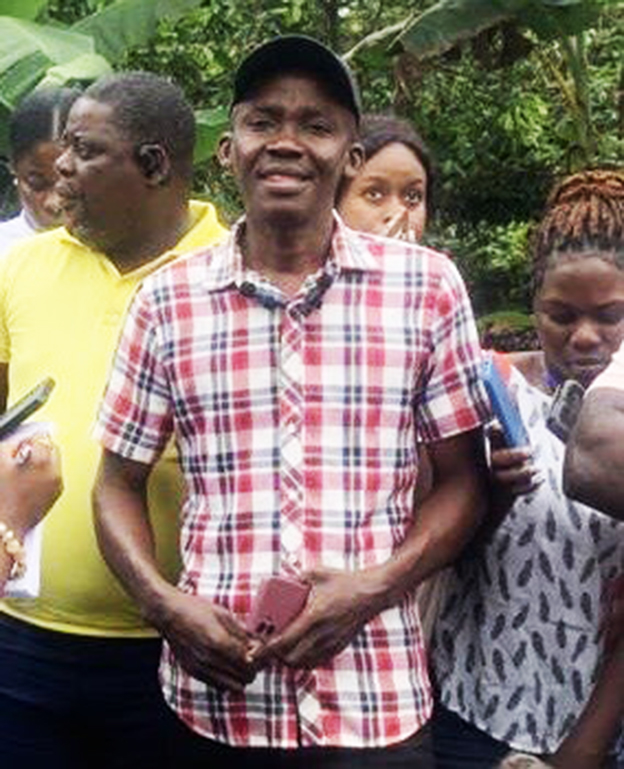The dull morning sky of August 6, 2025, became dimmed when news broke out that a helicopter carrying eight Ghanaians to Obuasi on a national assignment, had crashed, killing all on board. Boamah, Muhammed, Limuna, Sarpong, Aboagye, Anala, Ampadu and Mensah, all perished.
This was a loss that strangled the soul of the nation and one could only imagine how the wives and children of our dearly departed are feeling, today, because it cannot be explained.
This is the moment they will need the nation to rise up united in prayer and consolation for them, in these times of grief and sorrow.
Yet, some people have turned the situation into a carnival, using that tragic occasion to celebrate their wickedness overlooking the pains these families are going through.
Social media is flooded with reasons about what happened and putting the blame on H.E. John Mahama and his NDC, even though there is and was no proof.
A video of South African prophetess, Rachel Masabata, of Kadosh International Ministries warning Ghanaians on January 1, 2025 about catastrophic events Ghana would face if John Mahama became president, resurfaced. And people are making capital out of this. If indeed God spoke these words to her, how come the prophecy came after the event? For Ghana had gone for elections, twenty-four days early and the people made their choice, and presidential swearing-in would be in six days, so what could be done, except a coup d’etat.
Rev. Isaac Owusu Bempah gave the same warning in 2020 but four years later he came to say God had changed His mind. God made John Mahama our president, and we must acknowledge that in fear of the Most High.
Another irresponsible prophecy is being told of how the late President Mills’ fingers were holding back H.E. John Mahama, meaning we should expect calamities. If Atta Mills had powers, he would have prevented Mahama from winning the elections in the first place. It was the will of God that Mahama became president, period.
While wives and children are wailing the loss of their husbands and fathers, most Ghanaians have become very gullible and are believing prophecies that are not from God with some making political capital out of this. This shows no respect to the families of our perished heroes.
This moment is not for false prophecies or politics. It is about a woman whose birthday fell on her wedding day and was looking forward to celebrate both events with her husband this year but alas, he is no more. It is about a woman who cherished the day her husband held her hands when she was delivering their first child two months ago, but that daughter would never see or know her father.
It is about a woman who cherished that occasion just a month ago when she looked into the eyes of her man while they both exchanged marital vows, but would not celebrate their first wedding anniversary. It is about a woman who was inseparable with her man, from courtship to marital life, who is now forced to accept that the setting sun of Wednesday August 6, 2025, took him away, forever. It is about children who suddenly realised that their sweet father and hero who they dearly cherished his presence, will no longer be around.
So how can people be so insensitive not to accord these bereaved families, respect?
These false prophets are just creating confusion and Cardinal Peter Appiah Tuckson, had this to say: “If a prophecy reveals the possibility of a disaster, your first duty is to intercede with God before announcing it. In any case whenever prophecies occur and God makes His knowledge known to you, consider the content carefully. If it requires intervention, please do that before communicating it to anyone.” This confirms that the Catholic Church has command over prophecy, so Apostle Abraham Lincoln Larbi must note this.
One Torgbi Axorlu II also had this to say. ‘The Prophet’s Calling Is Not a Client’s Invitation: In Scripture, prophets did not run offices where you booked an appointment to receive a word. They were God’s messengers, sent on His initiative. They stepped into palaces and market squares, not by invitation, but because God’s voice compelled them.
Intercession Is Not Conditional: The prophets of the Bible did not withhold prayer until the endangered party made contact. Intercession, for them, was an act of duty and love.
Theological Flaws in the “No One Called Me” Claim: When a so-called prophet says, “I could have acted, but no one reached out,” the statement carries deep theological problems. First, it limits God’s sovereignty. Second, it makes prophecy transactional. Third, it excuses inaction in the face of preventable loss. By shifting responsibility to the deceased or endangered, it allows the prophet to escape the uncomfortable truth that silence can be disobedience.’
He added that “True Prophets Move Before Men move them.”
If this country is truly a country of the wise and stately, then we must condemn all those who are making mockery out of this sad event, coming out with false prophecies and seeking political capital out of this tragedy. Everyone must show respect to the memories of the eight perished heroes, their surviving wives, children and families. They need our prayers.
Blessed be Jesus in the Holy Sacrament of the Altar. Amen!
Hon. Daniel Dugan
Editor’s note: Views expressed in this article do not represent that of The Chronicle

